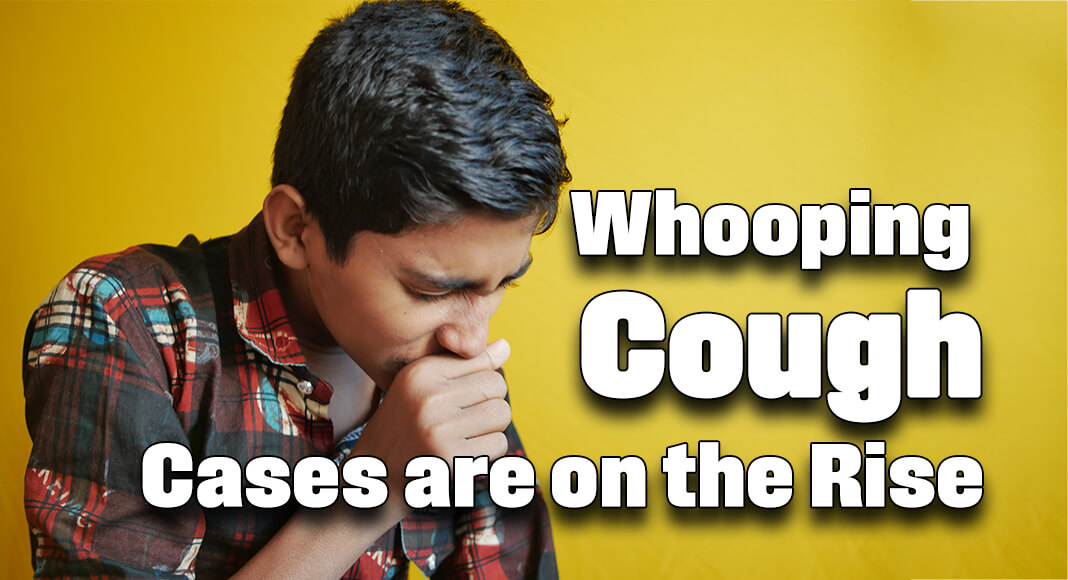
Mega Doctor News
CLEVELAND CLINIC – More cases of pertussis, or better known as whooping cough, are being reported throughout the US.
If you haven’t been vaccinated for it, now is the time, especially since the respiratory infection can be contagious.
“Even though most of us, or really all of us, should be vaccinated for whooping cough, we still do see spikes in cases about every three to five years,” said Donald Dumford, MD, infectious disease specialist for Cleveland Clinic. “We think the past few years we’ve been treated to this less than the number of average cases probably because of the pandemic and wearing masks, being more careful when we’re were sick, and that’s probably created less spread of whooping cough.”
Dr. Dumford said whooping cough is spread when an individual who is infected coughs, sneezes or breathes close to another person.
Early symptoms may look like those of a common cold and then typically progress into a persistent and violent cough.
The coughing episodes could last for weeks or even months.
Babies under six months old are most at-risk for whooping cough.
Symptoms for that age group include coughing and difficulty breathing, which can be life-threatening.
As for prevention, Dr. Dumford said vaccination really is key.
“The one group with vaccination that we really need to focus on is pregnant patients. So the average patient, their recommendation is going to be to get your Tdap vaccine every ten years,” he said. “However, because infants are at such high risk in those first six months of life, it’s recommended that anybody who is pregnant get that pertussis vaccine, in the form of Tdap, with every pregnancy.”
There are antibiotics available for whooping cough, but they only help with preventing further spread.
Coughing fits have to be treated separately with other home remedies.









